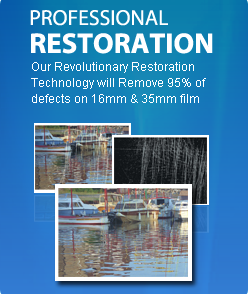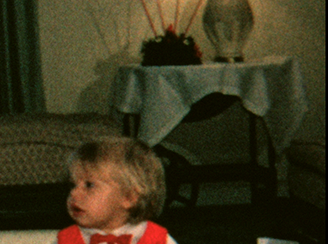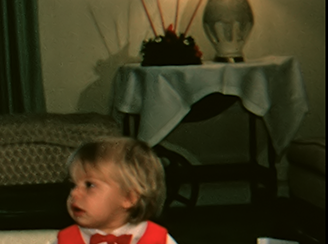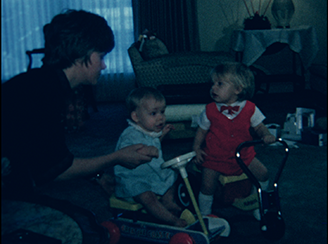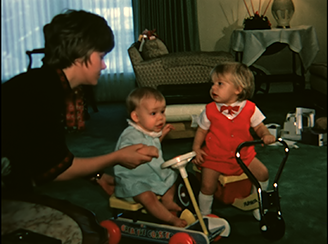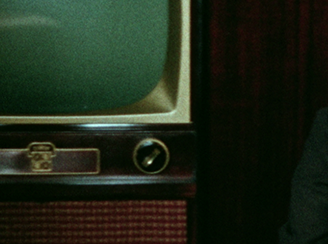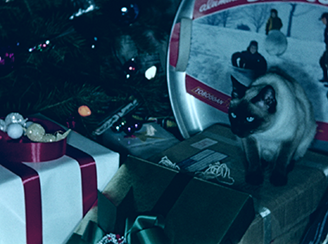
Pro Hollywood Restoration Cambridge
We offer 3 restoration options. Color Correction, Grain Elimination and Stabilization Technology.
About 90% of our Cambridge customers want the color correction and about 75% do the grain elimination. We do also offer image stabilization. It adds a nice touch to those old home movies.
Color correction is very important for amateur film because we will be able to recover more footage that was shot too dark or has darkened as part of the aging process. The scanner monitors the light and color balance and will change it based on pre-determined algorithms. This means it will pump more light through film that is dark and it will back off on film that is too bright. This will allow us to recover footage that would normally be too dark or too light. In addition, after the scan, an editor will go through the footage looking at skin tone and things like the color of the sky to order to make sure it looks correct. You can see in the examples below how much better the images look with our 2 pass color correction.
Grain is on all film. Look at the "Before" picture below compared to the "After" picture. These little dots muddy up the image and take away from the content you care most about. Now, look at the After picture on the right. This is what you really want to see. We do recommend Grain Elimination on all film for our Cambridge customers.
Most amateur films have some stabilization issues just because of the way the film was shot. But, most people are used to seeing this on old movie film (See example video clip below). So, we see stabilization as a nice to have but not required. If you can afford to do it then we would recommend it. If it pushes you outside your budget then we would just recommend the Grain Elimination technology.
Super 8 Film Examples Cambridge
|
|
Before |
After |
|
|
|
|
Before |
After |
16mm Film Examples
|
|
Before |
After |
|
|
|
|
16mm Before |
16mm After |
Cambridge Fun Facts: The city's major industrial focus in the nineteenth and early twentieth centuries centered on factories (largely furniture and glass) but since that time the emphasis has shifted to technology-based enterprises, including electronics, software, and biotechnology research. Cambridge today is very much a college-influenced community combining a strong mix of cultural and social diversity, intellectual vitality and technological innovation. The city of Cambridge is part of the Greater Boston area of Massachusetts. The city is best known for being the home of two world-class universities, Harvard University and Massachusetts Institute of Technology (MIT), located within just two miles of each other.
Massachusetts Fun Facts: Boston, the state capital, was a hotbed of activity, including the Boston Massacre and the Boston Tea Party, during the American Revolution. In addition to its revolutionary spirit, the state is known for sparking the American Industrial Revolution with the growth of textile mills in Lowell, and for its large Irish-American population. One of the original 13 colonies and one of the six New England states, Massachusetts (officially called a commonwealth) is known for being the landing place of the Mayflower and the Pilgrims. English explorer and colonist John Smith named the state for the Massachuset tribe.

